
Oncology
Advertisement
Mole count and genetics strongly impact mole-linked melanoma risk, while sun exposure affects both melanoma types equally.
Researchers identified 4 genes tied to propionate metabolism to predict head and neck cancer risk and survival.
NF1-mutant melanoma may respond to EGFR inhibitors, offering hope for patients resistant to immunotherapy.
Forty-seven genes were linked to patient survival.
Lower education level was linked to reduced access to mutational testing and clinical trials.
The prospective case series demonstrates the efficacy of the combination in second- and later-line treatment.
Targeted therapies directed toward tumor genotype should be considered in addition to standard-of-care regimens.
New biomarker 2,3,6-trichlorobenzaldehyde shows 95% accuracy in blood tests for early cervical cancer and CIN detection.
Menstrual blood HPV testing shows 100% match with cervical smears—non-invasive, accurate, and preferred by most women.
This was an unexpected finding because mature TLS are typically rare in poorly immunogenic HPV-negative HNSCC.
Tumor mutations were even detected in early-stage disease.
The findings reaffirm concurrent chemoradiotherapy as a cornerstone of treatment.
Patient-derived cells have the potential to enhance drug screening tools and improve patient outcomes.
Researchers identified the pathologic and clinical characteristics of patients who experience disease relapse.
A troubling rise in sun exposure and inconsistent sunscreen use may be linked to incidence of skin cancer in Canada.
Parkinson's disease and melanoma are believed to be linked due to DNA double-strand break repair thus cell proliferation.
This provides rationale for the clinical evaluation of defactinib and avutometinib in the treatment of melanoma metastases.
Dr. Eric Dr. Bergson about the importance of head and neck cancer awareness, how to integrate screening into routine care.
AI analysis provides an opportunity for timely intervention to improve the ability to swallow as well as quality of life.
Euphorbis tirucalli leaf extract has the potential ability to inhibit EBV-positive cell proliferation.
Advertisement

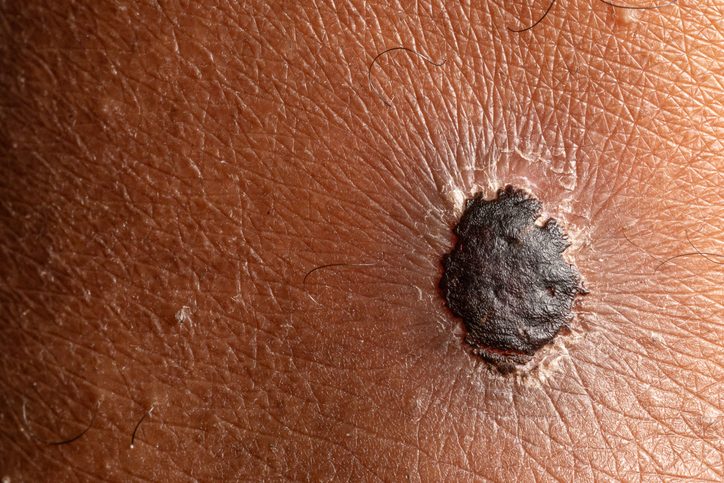

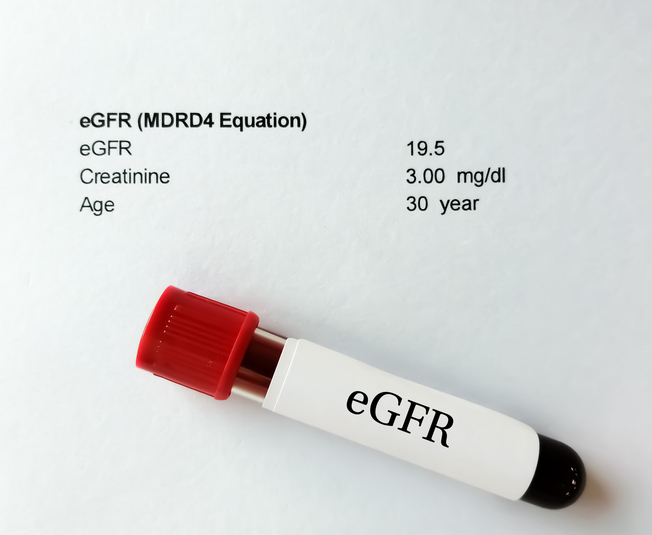

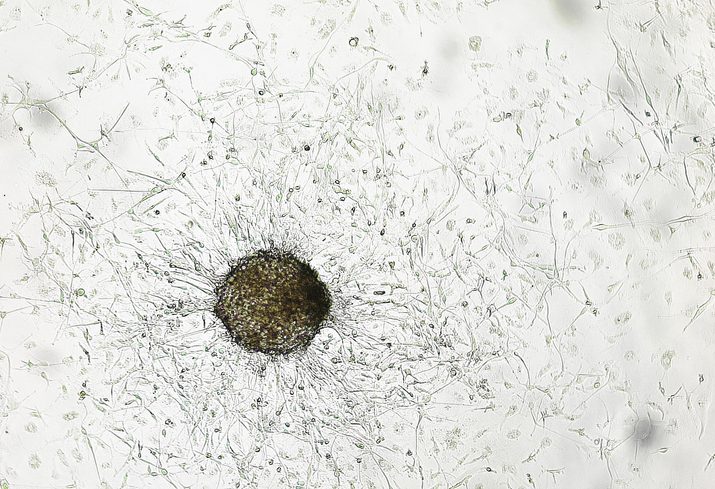

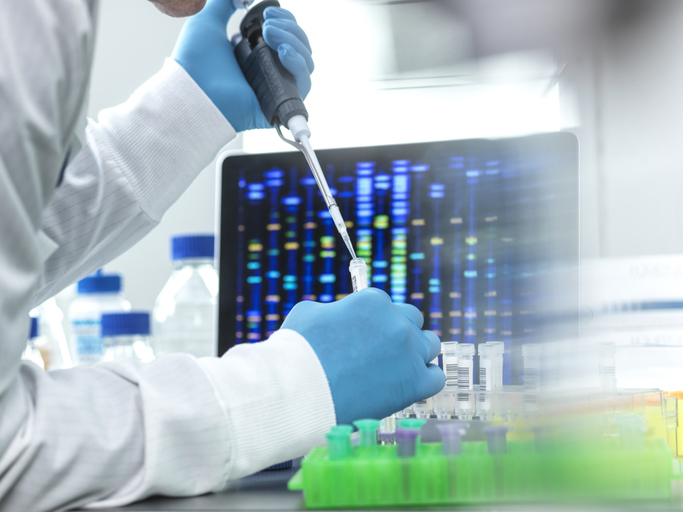


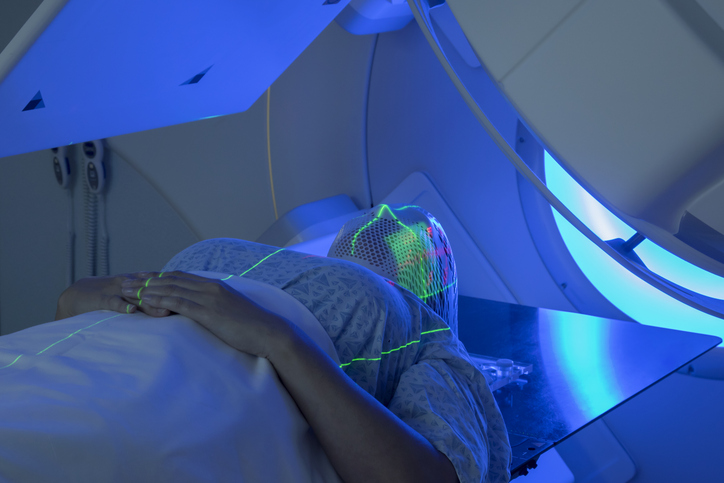

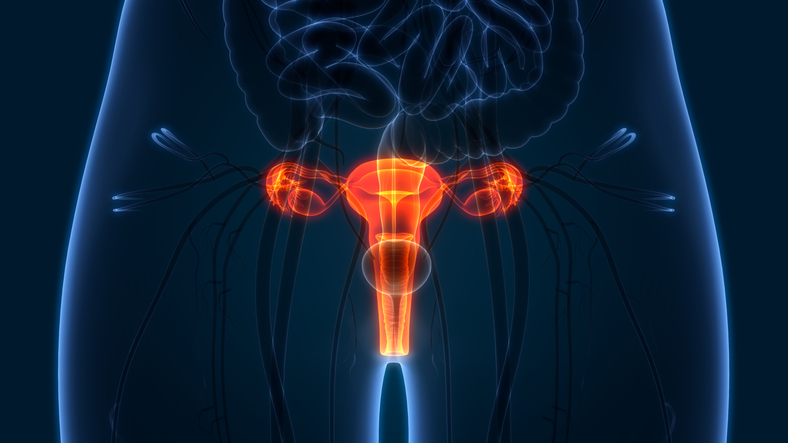



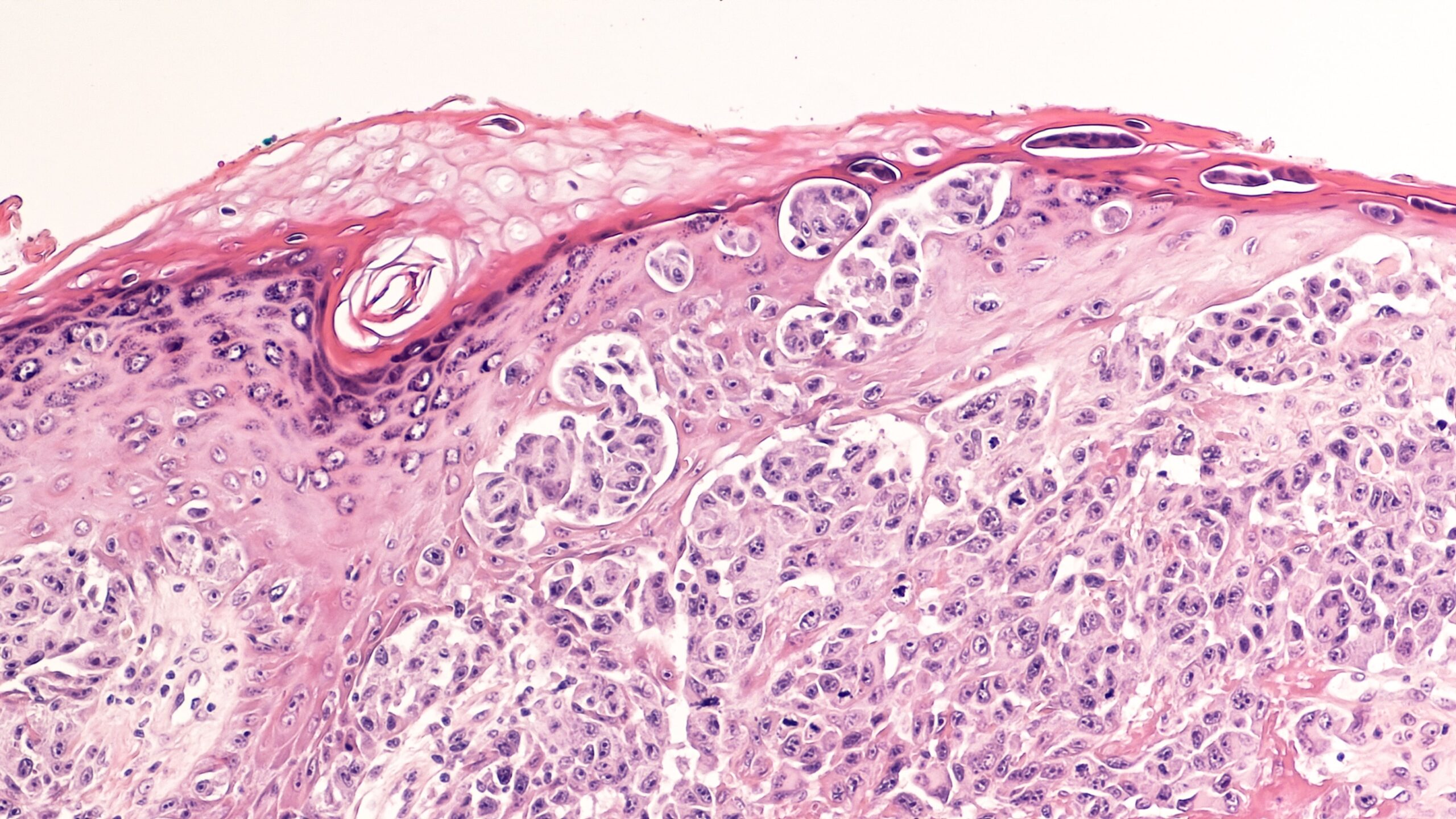




 © 2025 Mashup Media, LLC, a Formedics Property. All Rights Reserved.
© 2025 Mashup Media, LLC, a Formedics Property. All Rights Reserved.